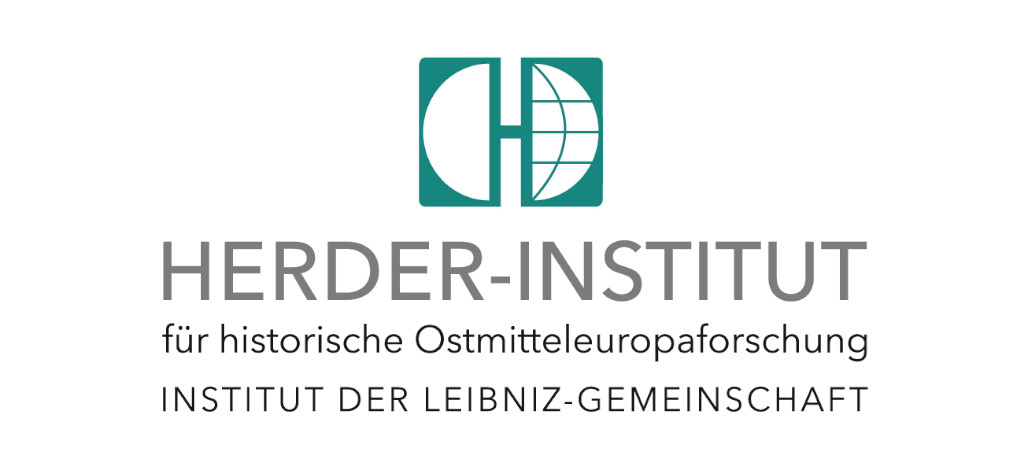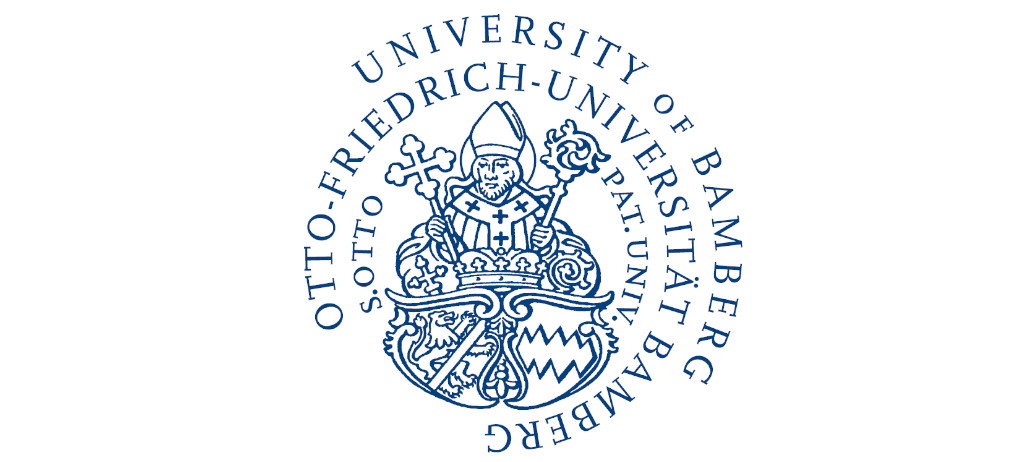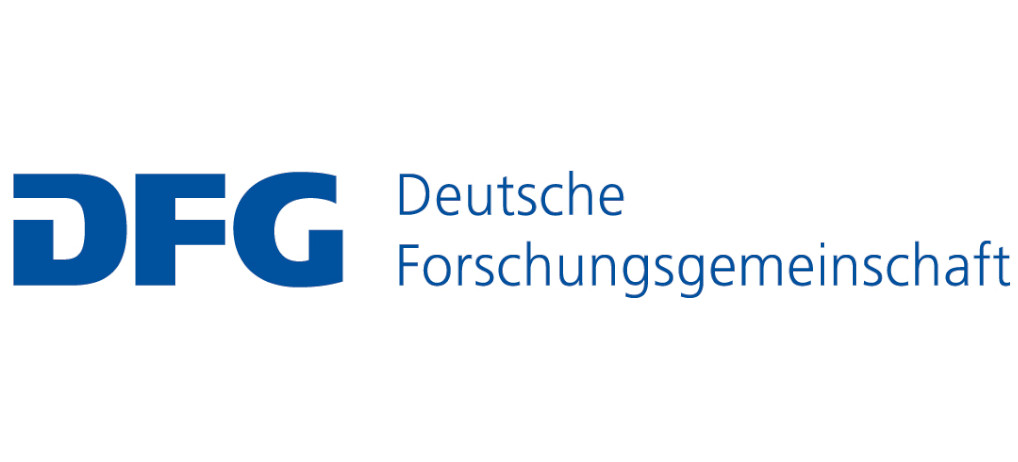11.07.2014 Leibniz Prize for Prof. Dr. Friedrich Lenger
The DFG honors Prof. Dr. Friedrich Lenger with Germany's most important funding award.

Leibniz Prize for Prof. Dr. Friedrich Lenger
DFG honors Prof. Dr. Friedrich Lenger with Germany's most important research award
The historian Prof. Dr. Friedrich Lenger, head of subproject C02 "Security and Urban Space," has received the prestigious Gottfried Wilhelm Leibniz Prize 2015 from the German Research Foundation (DFG). The award, which is endowed with 2.5 million euros, is considered the most important German research funding prize and is presented once a year to excellent scientists for their outstanding achievements in research.
Press release of the DFG about Friedrich Lenger
Friedrich Lenger is one of the most versatile social historians of his generation, who has made a name for himself far beyond Germany. He receives the Leibniz Prize for his work, which visibly stands out from the classical fields and approaches of German modern historiography and leads deep into the history of European-Western modernity. Lenger's broad oeuvre is characterized in equal measure by high empirical density, impressive knowledge of literature, concise conceptualization, and the capacity for original synopsis, repeatedly penetrating enormous amounts of material and advancing to new questions. Even his early studies on the history of class formation in the 19th century and on the social history of the German craftsmen were highly acclaimed, no less so the volume "Industrial Revolution and Nation-State Formation" in the newly conceived "Gebhardt Handbook of German History". With these works, Lenger broke new ground in the analysis of early capitalist class formation, and with his 1993 habilitation thesis he set standards in scholarly biography by portraying Werner Sombart as a key figure of a German "mandarin" and a central representative of the German social sciences between the Kaiserreich and National Socialism. After this work, which was also successful beyond the professional world, and further biographical studies, Lenger turned to urban history. Here, within a short time, he surveyed the foundations of German, European, and in parts North American urban history in a plethora of studies, culminating in the 2013 History of European Metropolises in the 19th and 20th Centuries, a true opus magnum.
Born in 1957, Friedrich Lenger studied history and social sciences, cultural anthropology and political science in Bielefeld, Düsseldorf and at the University of Michigan. After receiving his master's degree there and his doctorate in Düsseldorf in 1985, he was a research assistant in Tübingen. His habilitation took place in 1993 with a grant from the DFG, from which he subsequently also received a Heisenberg Fellowship. After a first professorship in Erlangen-Nuremberg, Lenger has been Professor of Medieval and Modern History at the University of Giessen since 1999. His recognition, which extends far beyond Germany, is reflected not least in research stays and visiting professorships at such renowned institutions as St.Anthony's College in Oxford and Georgetown University in Washington/DC.



